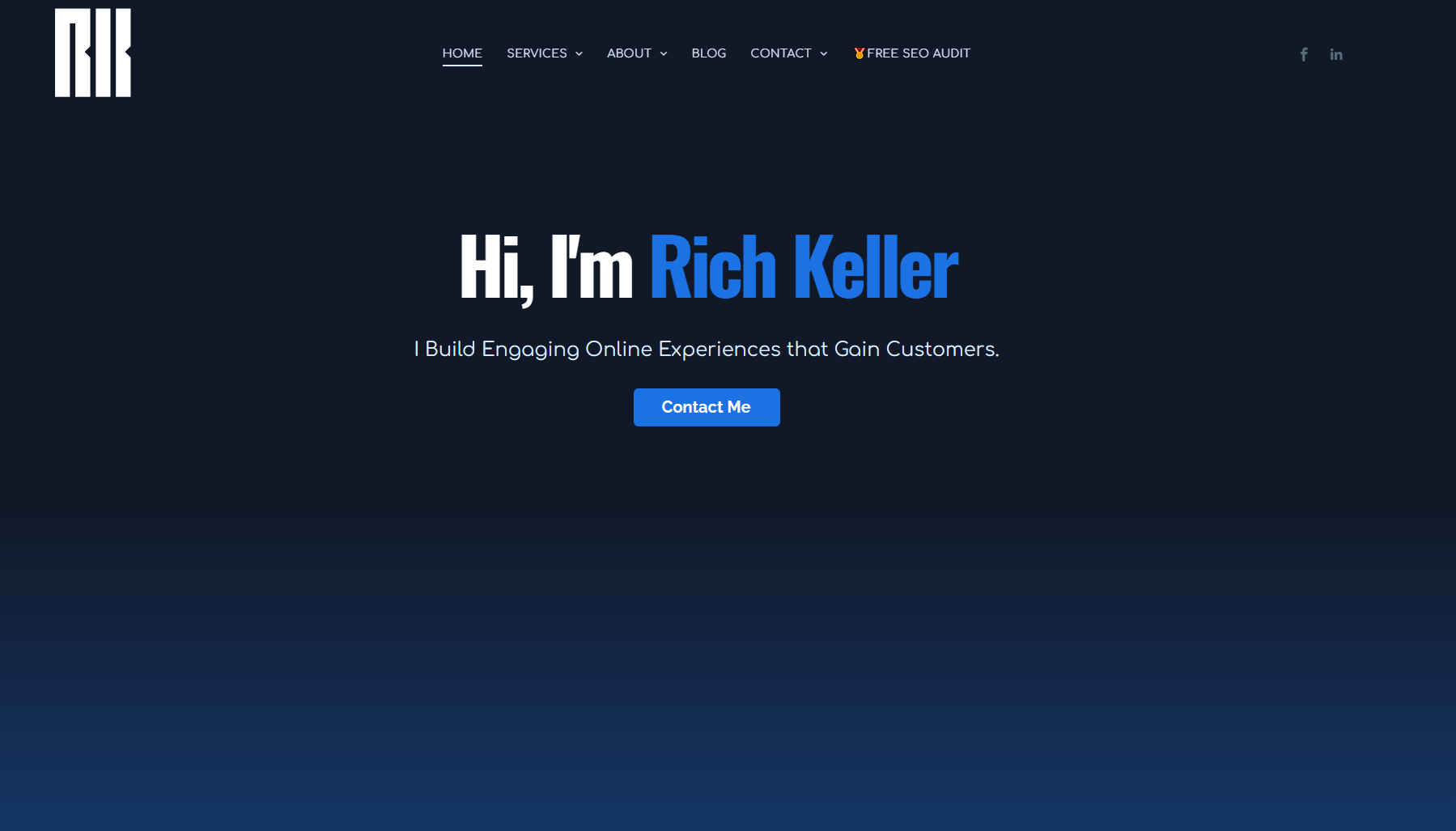Pre-planning SEO for a new website
To build a SEO-friendly website, you should follow these steps:
- Conduct keyword research to identify relevant keywords and phrases for your website topic.
- Optimize your website's structure, including the use of header tags, meta descriptions, and title tags, to ensure search engines can easily understand the content of your website.
- Create high-quality, unique, and informative content that includes your keywords and is useful to your target audience.
- Build backlinks to your website from other reputable websites to signal to search engines that your content is valuable and credible.
- Use alt tags to describe images on your website, and make sure your site is mobile-friendly and loads quickly.
- Regularly update your website with new content to keep visitors engaged and coming back to your site.
- Use Google Analytics to track your website's performance and make data-driven decisions about content and optimization.
- Finally, be patient, as it takes time for search engines to index and rank your website.
How many pages should you build for a new website?
The number of pages on a website will depend on the type of website and its purpose. However, as a general rule, a new website should have at least the following pages:
- Homepage: The main page of the website, which should provide a clear overview of what the website is about and what services or products it offers.
- About Us: A page that gives visitors more information about the company or organization behind the website.
- Contact Us: A page that provides visitors with contact information and a way to get in touch with the website's owner or operator.
- Services/Products: A page that provides detailed information about the services or products offered by the website.
- Blog/News: A page that features a blog or news section, which can be used to provide updates, industry news, and useful information to visitors.
- Frequently Asked Questions (FAQ): A page that answers common questions visitors may have about the website or its services/products.
- Privacy Policy and Terms of Service: These two pages are important for any website, as they provide information about how the website collects, uses, and protects personal data, as well as the terms of use for the website.
- Sitemap: A page that lists all the pages on the website, which is useful for both visitors and search engines to find the content they need.
These are the most important pages, but your website might need more pages depending on the type of business or services you have.
I've created and managed hundreds of websites over the past 20 years. I know websites like the back of my hand. Contact me for a free consultation to plan your new website, or re-design of an existing website to put your best foot forward in 2023.
All Rights Reserved | RichKeller.com
RichKeller.com is owned and operated by Rich Keller. My service is not affiliated with or connected to any other business or entity.









